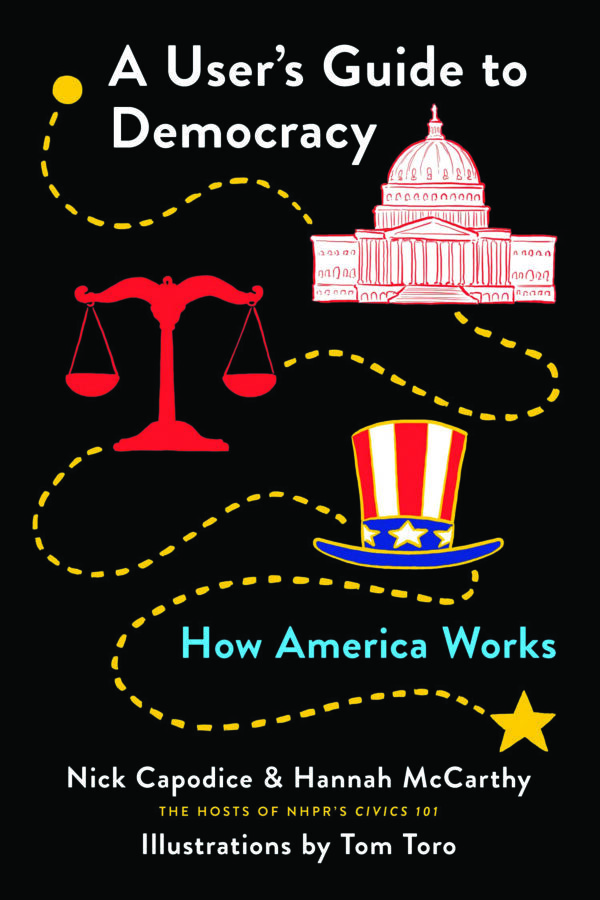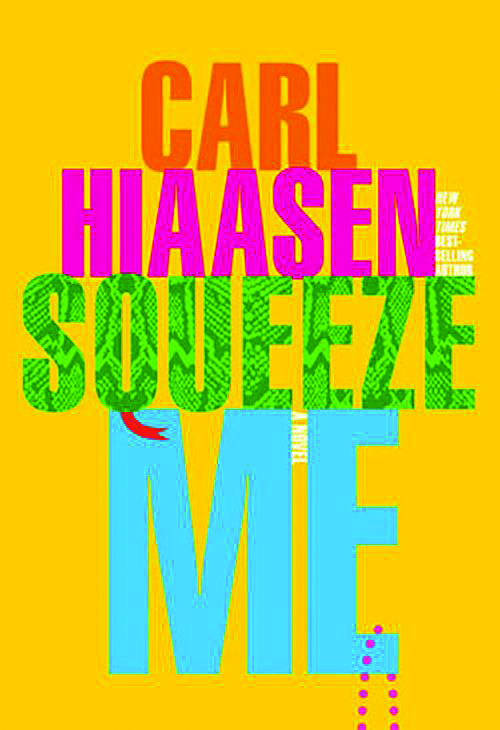The Sentinel by Lee Child and Andrew Child (Delacorte Press, 253 pages)
As I settled down in a chair with this book, my husband asked what I was reading.
“It’s the newest Jack Reacher novel,” I replied.
“Jack Reacher?”
“Yeah, he’s kind of like a scruffy James Bond. He always knows what to say and how to get out of a jam. He’s actually pretty cool.”
“Huh,” was his reply.
My husband said this because thrillers are usually not my go-to kind of book, but give me a Jack Reacher story any day of the week and I will stop what I’m doing and start reading.
Reacher is ex-military. He’s a bit of a lost soul and travels with only some cash and a toothbrush (when he needs to change his clothes he buys new ones). He is clever and he always outsmarts the bad guys. Sometimes that’s what you need.
The fight scenes are the absolute best because we can read his thought process as he analyzes his opponent’s strengths and weaknesses and then goes in for the kill. It’s why he wins when he’s faced with five opponents at the same time. A Reacher fight scene is pretty much scripted for the big screen.
Reacher helps people in trouble and in this book he’s helping a young man who has been accused of orchestrating a ransomware demand on his town. The town has turned against him, making his life miserable. An elite bad organization (Russian) is after him because they believe he has some files that they need for election interference (and when I say bad, these guys have a basement where you go in whole and come out in several suitcases).
The storyline is a little predictable and seems to be “ripped from the headlines.” That didn’t bother me as it might others.
The pace in a Reacher novel is quick. Each chapter has plenty of action propelling the reader to the next scene. Reacher likes precision and much of his dialogue is about calling people on what they actually mean when they speak.
“Leave town. This morning. Right now, in fact. He has a car waiting outside to take you to the highway. And he wants your word you won’t come back.”
“Well what if I don’t want to leave town?”
“Come on, Reacher. Work with me here. Yesterday you asked him for a ride.”
“That was yesterday. The town has grown on me since then.”
All this is what makes a Reacher novel so desirable right now. We need a hero. We need someone who will kick the bad guys’ butts and who will emerge victorious. We need hope even if it only comes from a fictional character in a book.
The Sentinel is co-written by Lee Child’s brother, Andrew Child — it’s the first collaboration and those who have read the Reacher books will notice some slight differences. Reacher is a little chattier now, a little more emotional. I didn’t mind the evolution but purists might be put off by these subtle changes. I anticipate some growing pains before the new Reacher finds his sweet spot.
And I guess we need to talk about the love interest. Reacher always gets the girl in each of his books. In The Sentinel he does get the girl, but not with his usual panache. This time it seems a little forced.
With all of these comments you would think that I might not have liked this book. Nope. Although it wasn’t my favorite Reacher novel, I did enjoy it. I liked seeing the bad guys get what is coming to them. I liked seeing Reacher come to the aid of people who need help.
And I liked reading about a character who has integrity (the first chapter cements that personality trait).
For these reasons, I’ll be giving this book a solid grade. Who knows, if I had not read it during a pandemic I might have been more critical; however, in times like this when we could use a tough, smart guy, this Reacher book, even with a few bumps, gives us a little bit of much-needed escapism and is worth the read. B
— Wendy E. N. Thomas
Books
Author events
• KJ DELL’ANTONIA Author presents The Chicken Sisters. Hosted by Gibson’s Bookstore in Concord. Online, via Zoom. Wed., Jan. 6, 7 p.m. Registration required. Visit gibsonsbookstore.com or call 224-0562.
Book Clubs
• BOOKERY Online. Monthly. Third Thursday, 6 p.m. Bookstore based in Manchester. Visit bookerymht.com or call 836-6600.
• GIBSON’S BOOKSTORE Online, via Zoom. Monthly. First Monday, 5:30 p.m. Bookstore based in Concord. Visit gibsonsbookstore.com/gibsons-book-club-2020-2021 or call 224-0562.
• TO SHARE BREWING CO. 720 Union St., Manchester. Monthly. Second Thursday, 6 p.m. RSVP required. Visit tosharebrewing.com or call 836-6947.
Writing
• POSTCARD POETRY CONTEST Peterborough Poetry Project seeks submissions of original poems written on picture postcards for an upcoming anthology. Deadline is Dec. 31. Visit peterboroughpoetryproject.org.
• CALL FOR BLACK WRITERS New Hampshire-based theater company New World Theatre announces an open call to Black writers to submit monologues that reflect their experience of living while black, to be published in an anthology titled “08:46.” The deadline for submissions is Jan. 1, 2021. Visit newworldtheatre.org/08m46s.
Featured photo: The Sentinel by Lee Child and Andrew Child






